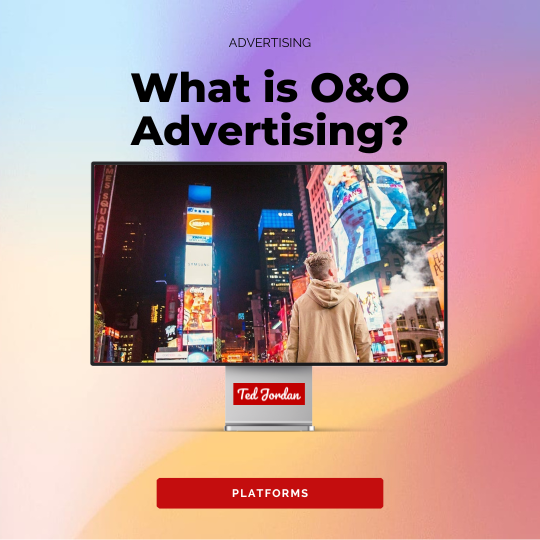Welcome back to Ad News! Every week, we dive intro the three major stories that are shaping the advertising industry. This week, we’ll explore Google’s latest algorithm update and it’s massive impact on independent websites, the newly passed media Freedom Act in the EU aimed at protecting journalists, and a recent study on brand safety in advertising by IAS.
1. Google’s Latest Algorithm Update: Winners and Losers
First up, Google’s recent update on its Search Engine Optimisation algorithm has cause quite a stir across the web. Over the past two years, Google have included AI-generate answers known as ‘AI Overviews’ to hopefully improve the search result quality. Although the quality of these ‘AI Overview’ have been criticised with some answers ranging from amusing to potentially harmful, its impact on independent websites has been challenging the content writing industry.

Since August 2022, some independent websites have lost up to 98% of their search traffic (BBC, 2024) with the March 2024 updates causing further declines. On the first hand, sites like HouseFresh, dedicated to ai purifier reviews, saw their traffic plummet, leading to layoffs and potential shutdowns. On the other hands, larger sites and UGC (user-generated content) platforms like reddit have experienced substantial traffic increases.

As a result, many argue that Google’s latest changes favour larger brands over smaller sites, potentially harming diversity and originality on the web. The debate continues on whether these changes will ultimately benefit the internet or harm the very fabric of online content creation.
2. Media Freedom Act: Protecting Journalists in the EU
Second, the EU parliament has just passed the Media Freedom Act, a landmark bill aimed at protecting journalists and ensuring press Freedom across the EU. This act introduces several crucial measures to protect media independence from political and/or economic interference.
Key measure include banning spyware against journalists, mandating media ownership transparency (disclosing who owns what media), and ensuring public media financing is transparent and objective to limit conflict of interests. Additionally, large online platforms such as Meta must now notify media outlets before deleting or restricting their content, leaving 24 hours for the media outlet to appeal, adding a layer of accountability.

This act was passed as a response to growing concerns about media plurality and press freedom in Europe, following high-profile incidents such as the murder of a journalist in Malta and ongoing treats to press freedom in Hungary. It aims to uphold the dual role of media as both businesses and guardians of democracy.
3. Brand Safety and Consumer Trust
A recent study by Integral as Science (IAS) highlights the importance of brand safety in advertising and its impact on consumer trust. According to IAS’s study, 78% of consumers are more likely to trust brands appearing on credible news site.
Conversely, study shows consumers (in Singapore) hold accountable brands’ ads appearing on inappropriate content. As such, 83% of the surveyed group believe that brands should ensure theirs ads are placed in a safe environment.
The study also found that ads placed near appropriate content lead to positive outcomes, with 62% of consumers likely to recommend the brand and 61% likely to make a purchase. This highlights the critical role of brand safety in maintaining consumer trust.

It should however be noted that some of these findings, particularly those in regards of content on news sites, contradict a recent study by Stagwell. The Future of News study concluded that it’s safe for brands to advertise adjacent to quality news top, regardless of the topic. It is important to note that IAS’s core product are brand safety segments which may pose conflict of interest in regards to the conclusion drawn from their studies.
Ad Showcase: Jeremy Renner for Brooks Running Shoes
This week’s Ad Showcase features Marvel star Jeremy Renner in a powerful and motivational campaign for Brooks Running Shoes. The ad, titled ‘Love, Hope and Titanium,’ marks Brooks’ first global campaign in 25 years. Renner shares his near-death experience and miraculous recovery, emphasizing the role of Brooks shoes in his journey. The ad’s storytelling and motivational message make it a standout piece in advertising.
If you enjoyed the content of this week’s Adnews, feel free to join our newsletter to be notified of all the future Ad News posts or subscribe to the Ad Chronicles youtube channel. Also, check our Programmatic online course if you want to learn more about how this transformative ads are broadcasted to the world.




One Response
Pretty! This has been a really wonderful post. Many thanks for providing these details.